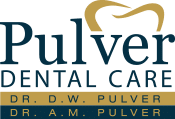What Is a Tooth Extraction?
While restorative dentistry is usually the first option for dental care, sometimes patients require a tooth extraction before. Reasons for removal range from natural damage to decay to the development of wisdom teeth. In cases where traditional restorative procedures won’t adequately treat damage, decay, or misaligned teeth, Dr. Pulver recommends a tooth extraction in Lowell, Indiana.
When Would I Need a Tooth Extraction?
The reasons for tooth removal vary among patients. Factors such as prior history with oral diseases, lifestyle choices, natural development, and other health conditions all can impact your need for tooth removal. The most common causes of tooth extraction, Dr. Pulver sees, are damage and decay, overcrowding, infection, and health conditions like weakened immune systems.
For example, if you’ve had periodontal disease or other infections in your teeth and gums, you may require an extraction for a decayed tooth. Tooth extractions are also recommended sometimes to patients with weakened immune systems, as they are more vulnerable to infections.
If too many teeth develop in your mouth or the jaw space is insufficient, this can lead to overcrowding and misalignment. Many patients require wisdom teeth extractions to prevent these complications as the teeth grow.
What Are The Different Types of Tooth Extractions?
Tooth removal varies based on the needs of each patient. Dr. Pulver usually recommends one of two common procedures.
If a tooth is visible above your gums, Dr. Pulver will likely perform a simple extraction using local anesthesia. While patients may notice pressure, this is typically not painful.
Surgical extractions are more intricate, such as wisdom teeth removal. You may need a surgical extraction when your tooth is broken at the gumline or hasn’t emerged through your gum yet.
What Does the Preparation Process Look Like?
First, Dr. Pulver will take an X-ray of the tooth. This helps him decide how to proceed with removal. For wisdom teeth, he may take a panoramic X-ray to view all your teeth at once. Depending on your circumstances, Dr. Pulver may prescribe antibiotics to take before or after surgery.
What Does the Aftercare Process Look Like?
Recovering from tooth removal takes a few days, and Dr. Pulver will provide recommendations to reduce infection risk or dry socket. For at least 24 hours, he will recommend you avoid using mouth rinse or drinking from a straw so you won’t dislodge your clot. For diet, stick to soft foods and only add solids gradually as you heal. Continue to brush your teeth, but avoid the extraction site. If you notice signs of infection, like redness, difficulty swallowing, uncontrolled bleeding, fever or chills, call our office immediately.
Need a Tooth Extraction?
Call our office at 219-696-4940 or fill out our online appointment request form. We’ll be in touch shortly to discuss our tooth extraction procedures in Lowell, Indiana, and schedule your appointment.

